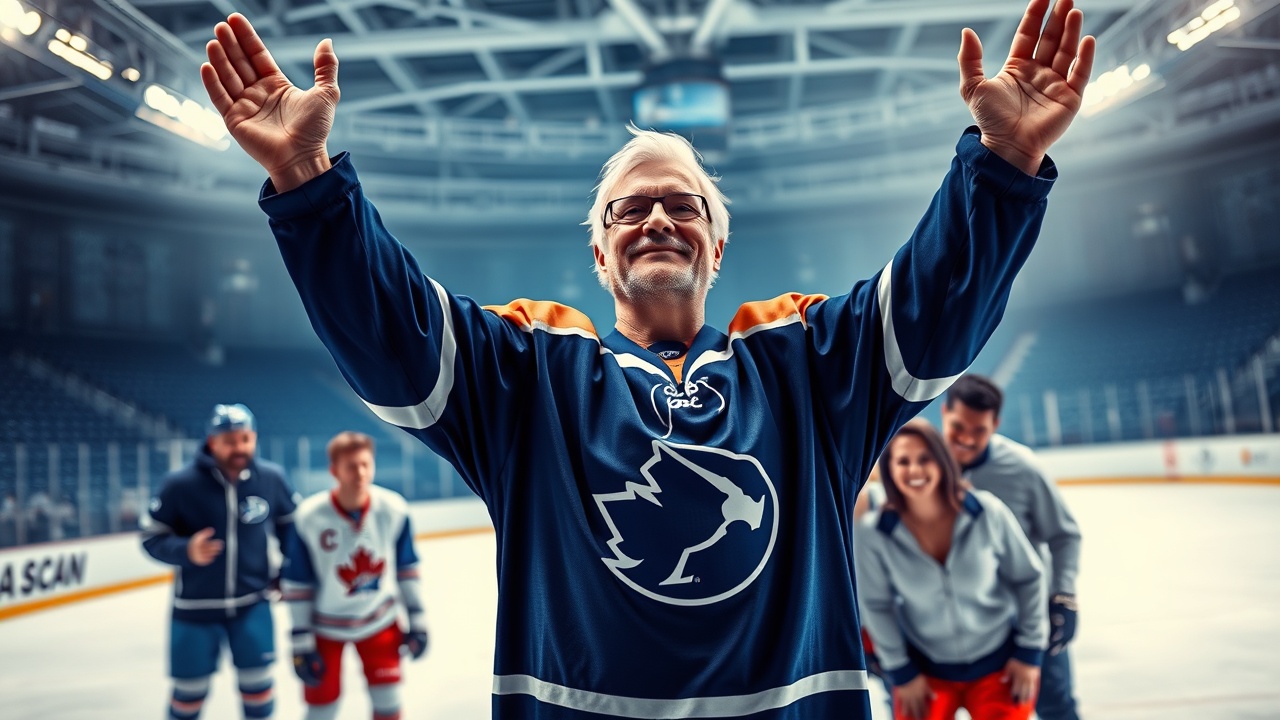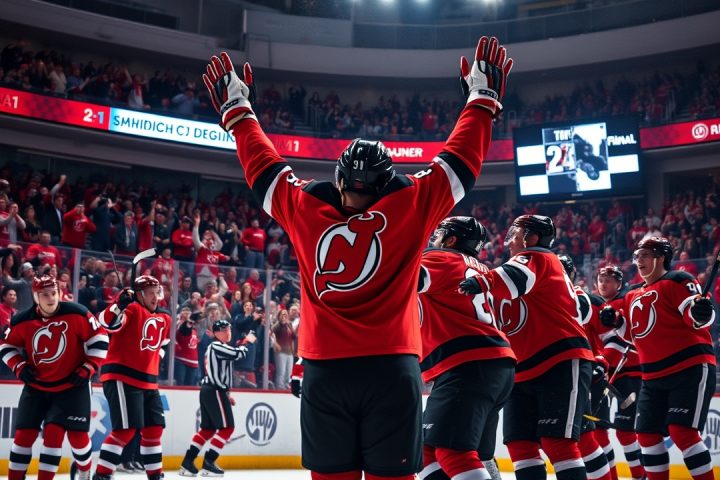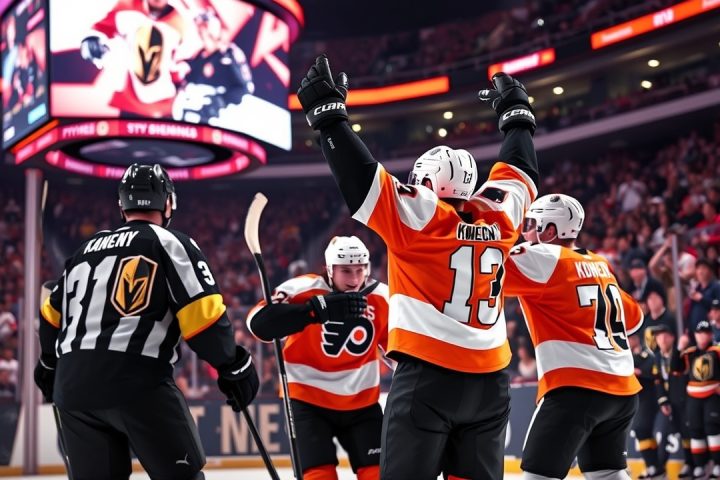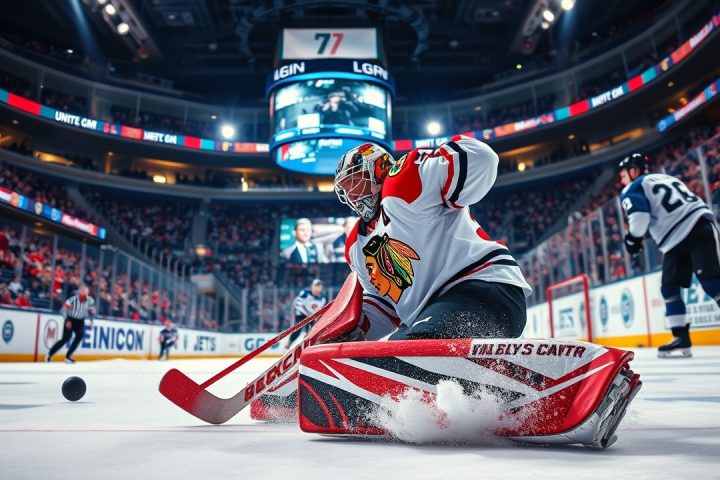Overview of the Latest NHL Collective Bargaining Agreement
Significant revisions have been made in the latest collective bargaining agreement (CBA) for the NHL, notably the extension of the regular season to 84 games and the introduction of a salary cap for playoffs. However, one of the most groundbreaking developments is the initiation of a dedicated healthcare fund for retired players who have previously lacked such support.
Retired Players Emergency Healthcare and Wellness Fund
Under this new agreement, both the NHL and the players’ union will contribute $4 million each year to the Retired Players Emergency Healthcare and Wellness Fund. Glenn Healy, who serves as the president and executive director of the NHL Alumni Association and is a former goaltender, highlighted that this initiative will provide former players with access to essential healthcare services, including a family physician and mental health professionals—benefits available to all players, regardless of their length of career.
“Our wellness plan is not like basketball. It’s not like football. We’re different in this sport. We don’t have our teeth. We have different issues, and this is I think a real step forward for the players. This is groundbreaking. This is Christmas Day for us.”
Additionally, the new CBA, which is set to remain in effect until 2030, raises the annual insurance subsidy available for retired players to $10,000.
Support for Current and Former Players
Ron Hainsey, who played over a thousand games in the NHL, mentioned,
“This is just another additional thing we can do for our current and former players. The idea is when our players do leave the game here, in the future, that they’re in a totally different situation for their post-career lives.”
Healy, who won the Stanley Cup with the New York Rangers in 1994, has been advocating for improved support for alumni and met with NHLPA Executive Director Marty Walsh regarding this issue in 2023. Walsh noted that the well-being of former players was identified as a priority for the NHLPA, and this agreement is a clear representation of league efforts to support past athletes.
“We certainly recognize at the league the importance of our history and the men who made that history and formed that foundation for the success we’re having today, so we’re very appreciative of that,”
said Deputy Commissioner Bill Daly, noting the improving collaboration with the Alumni Association.
Ongoing Issues and Future Events
In parallel, a decision regarding the players from Hockey Canada who were acquitted of sexual assault allegations may be announced soon. A judge in Ontario recently ruled that there was insufficient evidence to prove the charges against several members of the 2018 junior team. Although these players are not currently able to play, the NHL has stated they will remain ineligible until they are formally reinstated, a point where the Players’ Association has expressed disagreement. Daly expects clarity on their status shortly.
As for the 2026 Winter Olympics in Milan, NHL players will be participating for the first time since 2014. While there were initial concerns from Commissioner Gary Bettman about venue readiness, Daly reassured that preparations are in progress and that a hockey-related test event is scheduled for December.
“We’ll find out in early December how far away we are,”
he stated.
Decentralized Draft Format
Lastly, the NHL draft is set to adopt a decentralized format again this summer after a majority of teams voted for its continuation. This decision follows an experiment last June, reflecting a trend similar to that seen in the NFL and NBA drafts. Daly remarked on the supportive vote, highlighting that a strong majority still favors this format for the draft proceedings.




